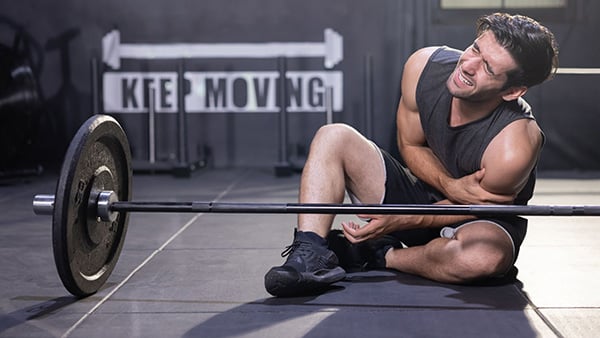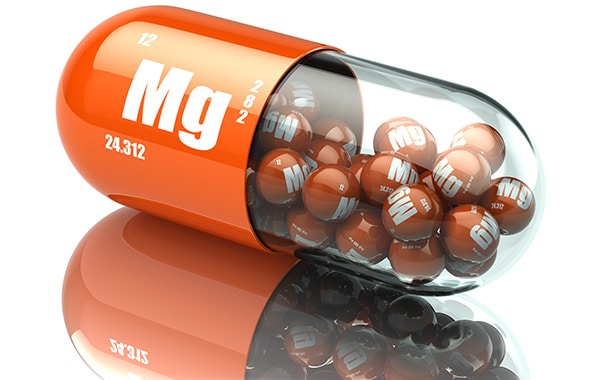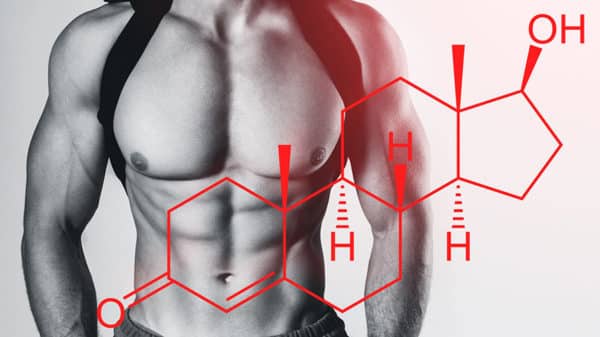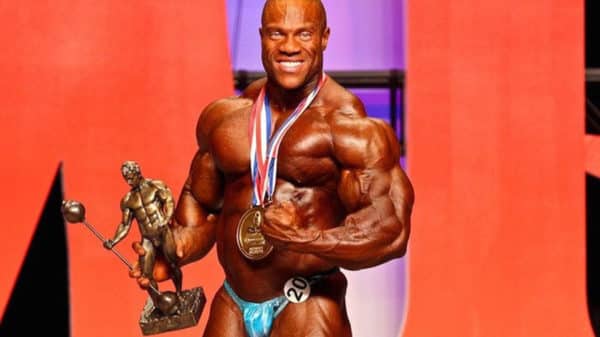Do you regularly feel tired during or after your weight training sessions? Do you often suffer from cramps ? What if it was due to a magnesium deficiency ? This mineral salt plays an important role in the functioning of the immune system and the human body in general. In this article, you will understand all about the effects of magnesium in bodybuilding.
What is magnesium?
Magnesium is one of the many minerals present in our body, up to about 25 grams.
Much of this magnesium is found in the bones, organs and muscles. However, only 1 % of this amount is found in the blood plasma. This is why it is difficult to identify a magnesium deficiency by a simple blood test.
The human body is unable to produce magnesium itself. However, this trace element is absolutely essential to its proper functioning, as it is involved in numerous enzymatic reactions (nearly 300!).
To fill up on magnesium on a daily basis, it is essential to adopt a balanced diet or to set up a supplementation.
According to the Anses (National Agency for Food, Environmental and Occupational Health Safety), thedaily intake of magnesium should be 300 mg for women and 380 mg for men.
Magnesium and bodybuilding: what are its benefits?
Recommended magnesium intakes are higher for sportsmenof the order of 10 to 20 %.
During a training session, a fitness enthusiast eliminates more magnesium than the average person through sweat. Therefore, he will have to adapt his diet to make up for this loss in minerals and remain in good health for a long time.
A lack of magnesium can lead to a decrease in physical performance. On the muscular level, this can lead to the frequent appearance of crampswhich will considerably slow down your progress.
More specifically, magnesium promotes muscle contraction by participating in the transport of calcium and potassium. It contributes to the solidity of the bone mass and prevents osteoporosis.
One of the functions of this mineral salt is to synthesize proteins and to transform carbohydrates and lipids into energy. All this explains why magnesium is an essential element to perform during your trainings.
A magnesium deficiency also has impacts on the muscle recovery and on the nervous system. In other words, you will feel tired, irritable and stressed.
Overall, magnesium helps stabilize your energy metabolism.
What foods are rich in magnesium?
To respect the recommended daily intake, it is better to know the best sources of magnesium.
Seafood, dried fruits, legumes, whole grain products, dark chocolate and green vegetables (due to the presence of chlorophyll) are foods with a high magnesium content.
Here are the top 15 foods (per 100 grams) that are the most rich in magnesium for weight training :
- chia seeds: 335 mg
- sunflower seeds: 325 mg
- cashew nut: 290 mg
- Soy: 250 mg
- snails: 250 mg
- oat bran: 235 mg
- almonds: 230 mg
- peanuts: 170 mg
- dark chocolate: 110 mg
- spinach: 80 mg
- wholemeal bread: 80 mg
- shrimp: 60 mg
- brown rice: 50 mg
- lentils: 35 mg
- mineral water (Hépar, Rozana, Quézac, etc.): 15 mg
If your diet does not allow you to have a sufficient intake, you can also opt for food supplements.
Personally, I use Magnesium oxide 400 mg from Prozis. This supplement is ideal for a magnesium cure. Proposed in the form of capsules, it is enough for you to consume a dose per day during a meal. With an optimal absorption, this supplement of magnesium for the musculation will help you to reduce fatigue.
Conclusion
In bodybuilding, magnesium is vital. Without it, you will be tired and will have difficulty recovering after your sessions. It is therefore important to ensure that you consume enough of it, either through food or through a supplementation.








